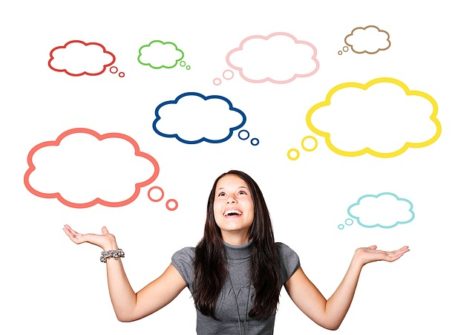PHILADELPHIA — Saving up for a new TV? Try not to spend too much time thinking about what it would be like to lay on your couch watching a movie on the new set. A recent study by researchers at the University of Pennsylvania found that visualizing the future makes people more impatient and less likely to hold out for their grand reward.
The research team studied 38 people with a median age of 25 over four weeks. Each participant filled out self-reporting questionnaires testing their ability to visualize things like a setting sun or a friend’s face. They also completed several decision-making tests before being split into two groups. One group focused on visualization, which involved picturing future rewards and gratification. The other group focused on the present moment, with meditation and a focus on body awareness.

“People in the visualization group would think about two future goals, one at a time, and the process used to achieve each, how they felt after they achieved each and so on,” explains study co-author Trishala Parthasarathi in a university news release. “Those in the relaxation group were trained to think in the present, so breath awareness and attention to your body. Nothing related to thinking about the future.”
After the four weeks, the participants took the same visualization and decision-making tests they’d been challenged with at the start of the experiment again.
Contrary to recent research on the concept of delayed gratification that found people who vividly imagined the future would entice them to wait longer for incrementally-growing rewards, Kable and Parthasarathi found that the group that focused on visualization was actually more likely to be impulsive than to wait.
“When people have to make tradeoffs between something that’s in front of them right now and something that they can only get in the future, they differ in the extent to which they go for each outcome,” says co-author Joseph Kable.
The results were especially true for people who had the most vivid imaginations — the stronger the ability to visualize the reward, the more impatient and less likely they were to delay gratification, even if the rewards in the future outweighed immediate rewards.
The researchers point to the correlation between their findings and more serious impulsive behavior, particularly among teens and young adults more prone to substance abuse. They suggest mental health experts may alter their treatment programs to use fewer visualization tactics.
Parthasarathi and Kable published their findings in the journal Frontiers in Psychology.
